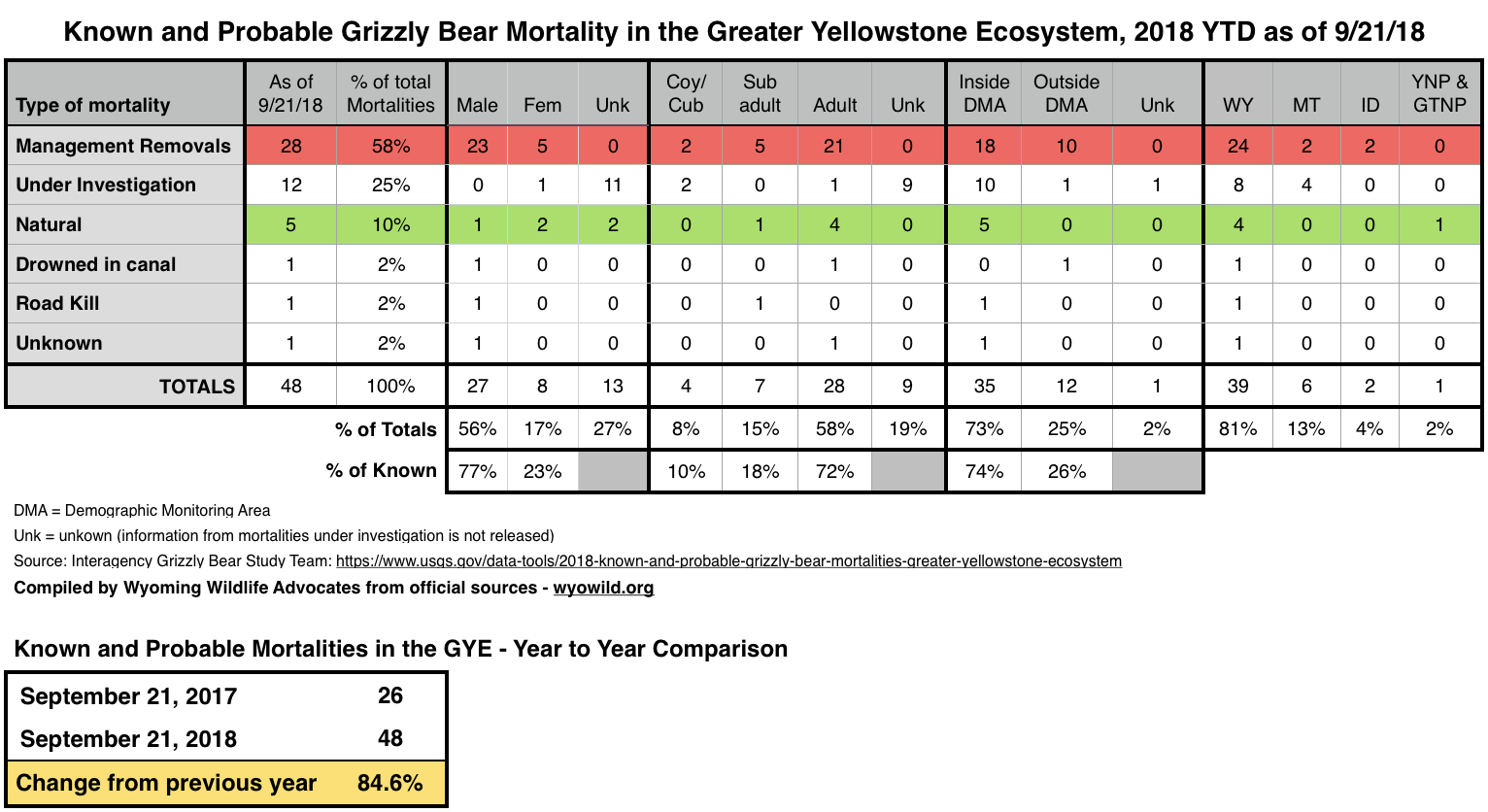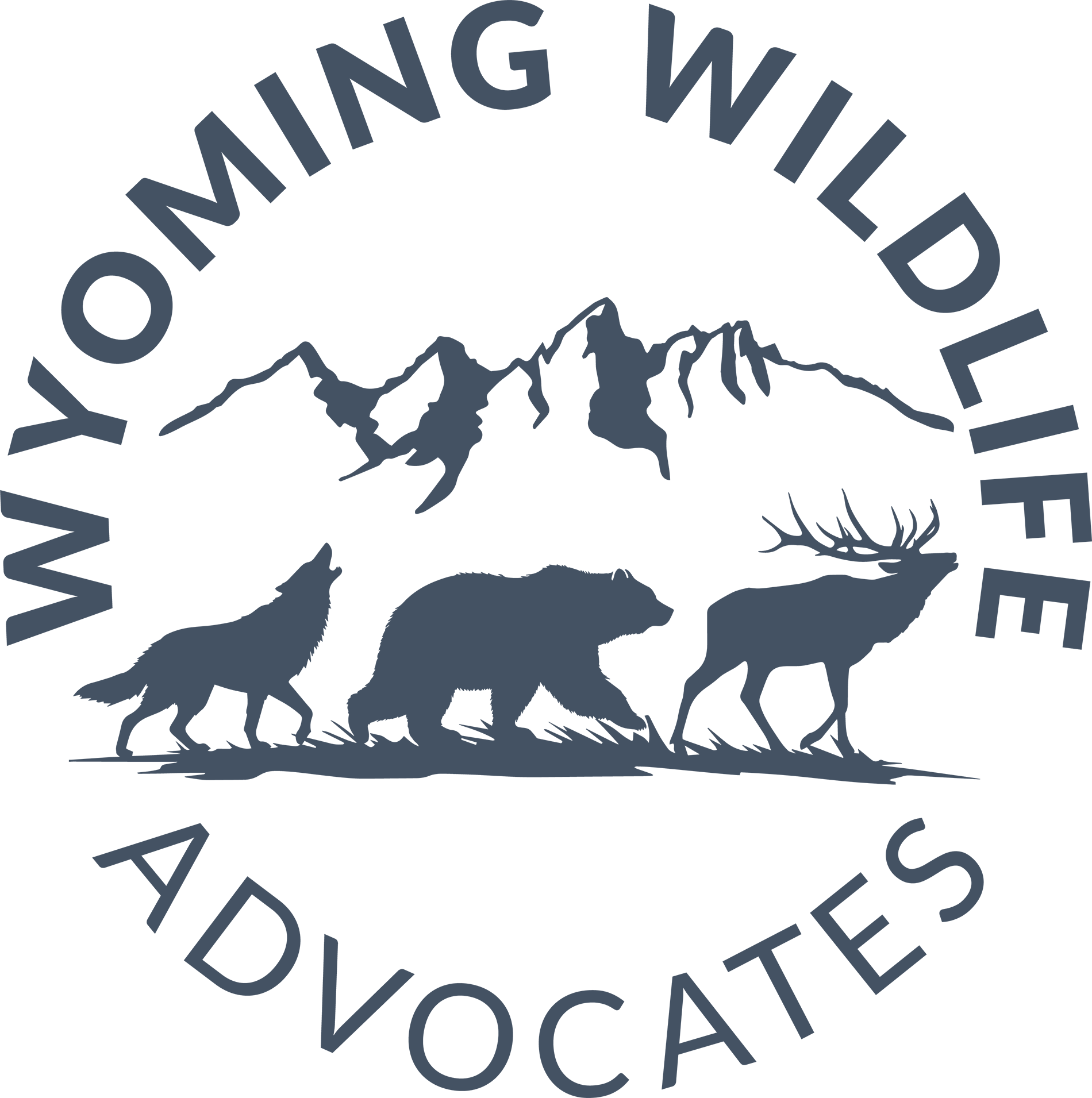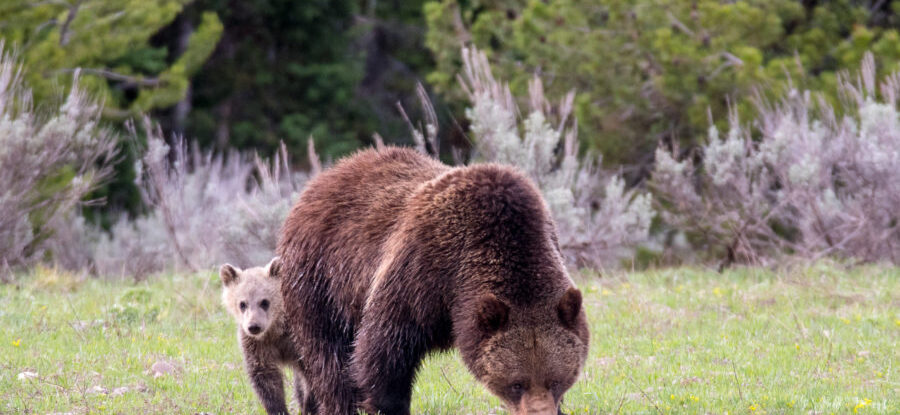Federal Judge Dana Christensen has decided to list grizzlies as threatened once again. After considering the evidence from environmental groups, animal rights activitists, Native American tribes, and state wildlife management agencies, Judge Christensen agreed that threats to the bears had not been taken into consideration when the decision was made to remove protections. Judge Christensen stated that the decision was not made based on whether hunting should be allowed or not, but rather was about the U.S. Fish and Wildlife Service’s decision to delist the bears to begin with.
“By refusing to analyze the legal and functional impact of delisting on other continental grizzly populations, the [U.S. Fish and Wildlife] Service entirely failed to consider an issue of extreme importance,” Christensen wrote. “Moreover, the Service’s analysis of the threats faced by the Greater Yellowstone grizzly segment was arbitrary and capricious. Although this Order may have impacts throughout grizzly country and beyond, this case is not about the ethics of hunting, and it is not about solving human- or livestock-grizzly conflicts as a practical or philosophical matter,” the federal judge ruled. “These issues are not before the Court. This Court’s review, constrained by the Constitution and the laws enacted by Congress, is limited to answering a yes-or-no question: Did the United States Fish and Wildlife Service exceed its legal authority when it delisted the Greater Yellowstone grizzly bear?”
In wake of the decision, U.S. Representative Liz Cheney from Wyoming introduced a bill in Congress that seeks to permanently remove federal protections from all grizzlies and turn management over to the states indefinitely. This bill also seeks to remove the ability of any further litigation in the future. The backlash from Mrs. Cheney shows that politics and pandering to a small group of Wyoming ranchers and outfitters are guiding her decisions. In a state that prides itself on personal responsibility and freedom from government overreach, it’s curious that Liz Cheney is seeking to remove the power of the people to hold government accountable. In this case, it was the U.S. Fish and Wildlife Service being scrutinized. How is preventing future legislation governing in a way that takes the best interest of future generations into account?
Critics of this decision will say that the actions of one judge do not outweigh the science and decision making that has occurred up to this point. However, when you consider that arguments from both sides presented copious amounts of evidence, Judge Christensen made the best decision based on the law. When federal and state agencies need to be held accountable, our justice system is the only recourse that groups of citizens have at their disposal. To remove that power would fundamentally alter the checks and balances that were specifically designed to prevent such corruption.
The bottom line is that it was determined that the U.S. Fish and Wildlife Service was found to have acted arbitrarily and didn’t take all the science into account when they decided to remove protections from Yellowstone grizzlies. So far this year, at least 48 grizzlies have been removed from the Greater Yellowstone Ecosystem. Only eight of those were from accidents or natural causes. Twelve cases are still “under investigation” and a staggering 28 have been killed by humans for “management” purposes or “self-defense.” With numbers like this, designating a hunting season was absolutely premature as eight females have already been removed from the population. The below chart shows the latest numbers of grizzly mortalities for 2018 as reported by the Interagency Grizzly Bear Study Team (IGBST). The next meeting of the IGBST will be October 31 & November 1 in Jackson, Wyoming at Snow King Resort.



